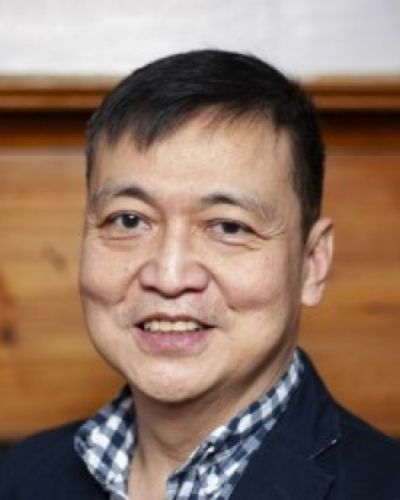Ruben Carranza leads International Center for Transitional Justice’s work on reparations as an expert on the intersection of transitional justice, accountability for corruption and economic crimes, and violations of economic and social rights, particularly in the global South. He has worked with various truth commissions and commissions of inquiry, from Tunisia’s Instance Dignité et Verite (IVD), to Nepal’s Commission of Investigation on Enforced Disappeared Persons (CIEDP). He has provided technical assistance to reparations designing and implementing institutions such as the Philippines’ Human Rights Violations Victims Claims Board (HRVVCB), the Iraq ‘Martyrs’ Foundation’ and Colombia’s Unidad Victimas, and advised transitional justice policymaking institutions at the local, national and international level.
Prior to joining the ICTJ, Ruben was a commissioner from 2001-2004 in the Philippines post-dictatorship commission that successfully recovered $680 Million in ill-gotten assets of the family of Ferdinand and Imelda Marcos hidden in banks in Switzerland, the U.S. and other foreign countries.
Ruben obtained his B.A. and LL.B. degrees from the University of the Philippines and an LL.M. from New York University (NYU) in 2005 as a Global Public Service Law Program scholar. Based on his research and field work, he has written various articles on transitional justice, reparations and accountability for corruption, including a seminal article on how transitional justice can address economic crimes, a book chapter on the global South and accountability for human rights violations and corruption and co-authored ICTJ’s guide on designing and operationalizing reparations programs
